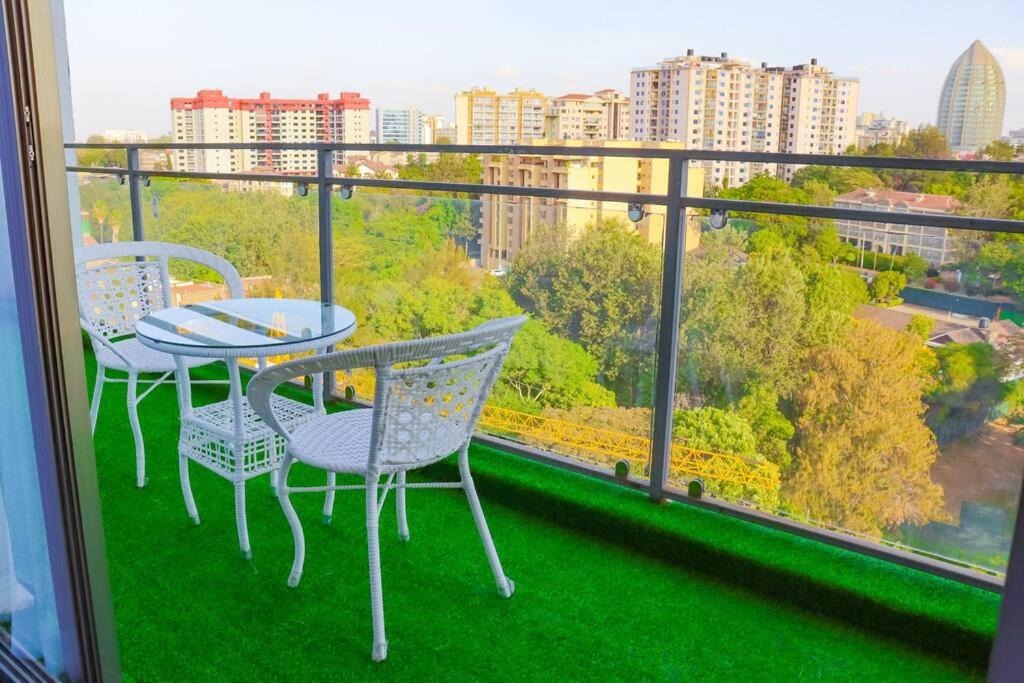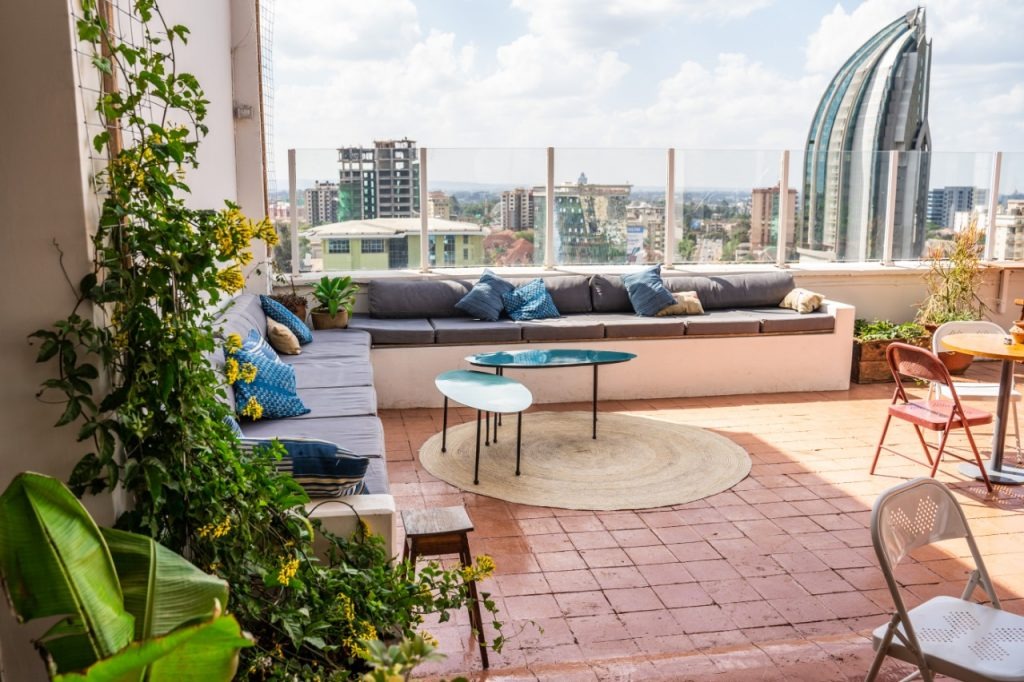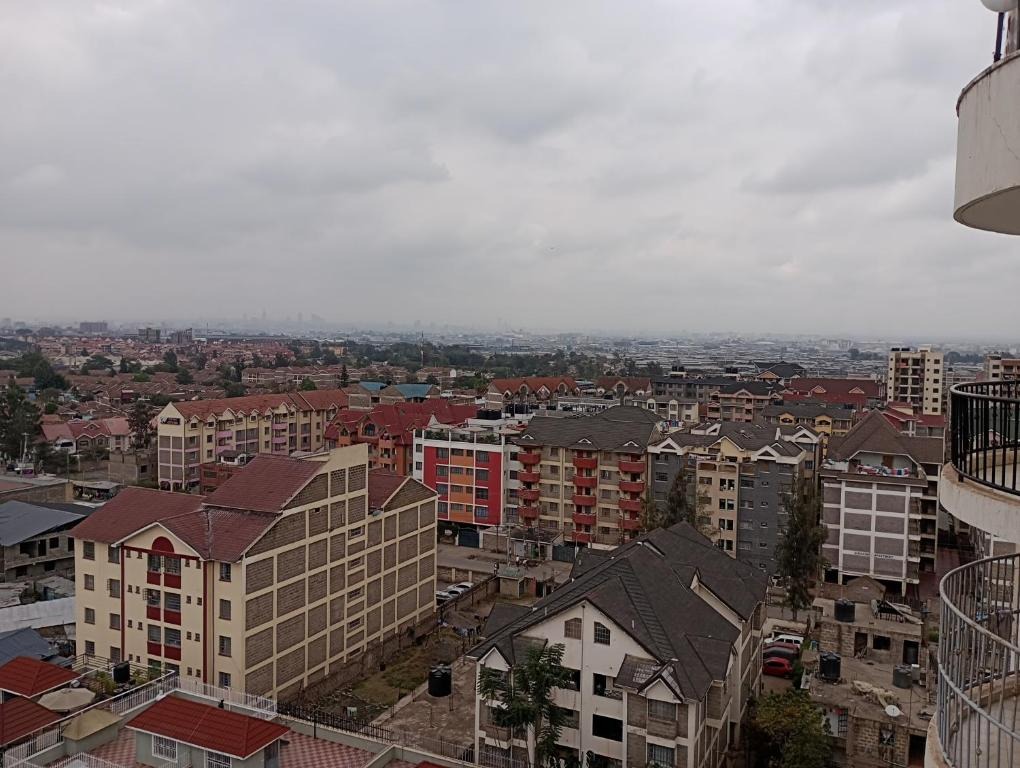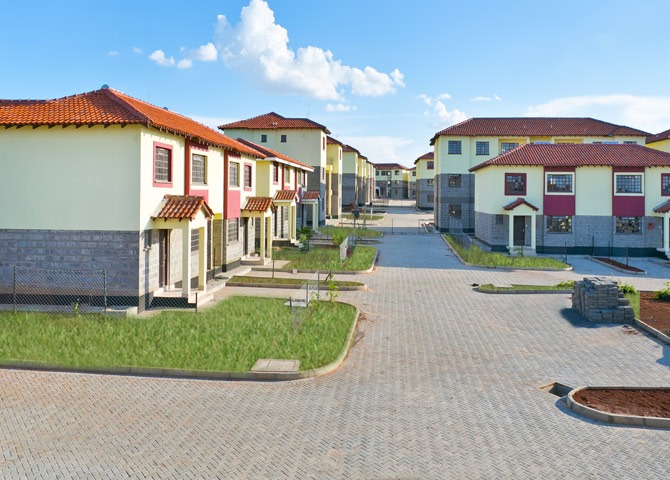In Kenya, the dream of homeownership is often marred by a harsh reality – the pressures that come with it. From the initial purchase to ongoing maintenance, the financial and emotional stress can be overwhelming. Coping with homeownership in Kenya requires more than just a steady income; it demands strategic planning, financial savvy, and a healthy dose of resilience. In this detailed guide, we’ll walk you through a step-by-step approach to not only survive but thrive as a homeowner in Kenya, focusing on smart budgeting to manage and mitigate the common pressures that come with the territory.
- Assessing Your Financial Situation
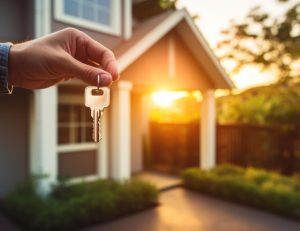
Embarking on the journey of homeownership in Kenya necessitates a comprehensive evaluation of your financial landscape. This initial step is foundational, requiring a deep dive into not just your income streams but also the intricacies of your expenditures, obligations, and reserves. Begin this process by meticulously documenting all sources of income, juxtaposed with an exhaustive list of outflows. These outflows should encompass the entire spectrum of your financial obligations, from the pivotal mortgage or rent payments to utilities, and extend to encompass daily living expenses like groceries.
Equally important is the recognition and inclusion of intermittent expenses that might not occur monthly but are significant nonetheless – think along the lines of annual insurance premiums, school fees for those with dependents, and a prudent allocation for unforeseen emergencies. This thorough accounting exercise serves to illuminate the real-time allocation of your finances, pinpointing potential areas ripe for optimization.
In executing this critical first step, you’re not merely tallying numbers but embarking on a path of informed financial decision-making. This is about gaining clarity on your current fiscal position to strategically navigate the complexities and challenges of homeownership in Kenya. It’s an exercise in financial mindfulness, laying the groundwork for a realistic and sustainable approach to managing the pressures and responsibilities that come with owning a home. The aim here is not only to identify where your money is currently going but also to strategize on how it can be more effectively allocated to ensure both the stability and enjoyment of your home, setting a solid foundation for the subsequent steps in this homeownership survival guide.
2. Creating a Realistic Budget
After gaining a clear picture of your financial landscape, the journey to effective homeownership in Kenya advances to sculpting a budget that mirrors the realities of your financial capabilities. Crafting a budget that fits snugly within the confines of your income and expenses is crucial for longevity in homeownership without succumbing to undue financial stress.
Start by earmarking funds for your non-negotiable expenses. These are your absolute must-pays, such as your mortgage or rent, utilities, and any insurance premiums. These essentials form the bedrock of your budget, ensuring that your home remains a secure and functional haven.
Next, dissect your remaining income to cover other vital areas of daily life. This includes groceries, healthcare, transportation, and educational expenses if you have children. Be meticulous in this allocation, ensuring that each dollar serves a purpose towards sustaining your household’s well-being.
An often-overlooked component in budgeting is the inclusion of savings. Embedding a savings strategy within your budget is not merely a nod to future planning but an essential cushion against unforeseen financial shocks. Even a modest allocation towards savings can compound over time into a significant safety net.
For a balanced approach, consider the 50/30/20 guideline as a framework for your budgeting. Allocate 50% of your income to necessities, 30% towards wants — those expenditures that enhance your life but are not essential — and 20% dedicated to savings and debt repayment. This guideline not only promotes financial health but also personal fulfillment, allowing you to enjoy the fruits of your labor while securing your financial future.
Leveraging budgeting tools or apps can offer a streamlined way to track your spending, monitor your budget adherence, and adjust as necessary. This dynamic approach to budgeting allows you to respond to changes in your financial landscape proactively, ensuring that your budget remains a living, breathing blueprint for your financial well-being amidst the challenges of homeownership in Kenya.
3. Managing Maintenance Costs
Effectively handling maintenance and repair expenses is critical for homeowners in Kenya, where such costs can unexpectedly burden your finances. Establishing a dedicated maintenance fund is a proactive step you can take to shield yourself from sudden financial strains. Financial advisors often recommend setting aside 1-3% of your property’s current market value annually for this purpose. This fund acts as a financial buffer, allowing you to address repairs promptly and prevent minor issues from escalating into major, more expensive problems.
Conducting regular home inspections is another strategic measure. By closely monitoring the condition of your home, you can identify potential problems early and undertake timely repairs. This not only preserves the value of your property but also mitigates the risk of facing hefty repair bills in the future.
Investing in high-quality materials for home improvements pays off in the long term. While the initial cost may be higher, durable materials last longer and require less frequent replacement or repair, ultimately saving money. Additionally, enhancing your own home maintenance skills can be financially beneficial. Acquiring the ability to perform basic repairs and maintenance tasks—such as painting, minor plumbing fixes, or simple electrical work—can significantly reduce the need to hire professionals for every small issue that arises.
It’s important to balance the decision between DIY projects and when to call in the professionals. For complex repairs or renovations, hiring a reputable contractor or specialist ensures the job is done correctly and safely, protecting your investment in your home. Building a network of trusted professionals over time, from plumbers to electricians, can also provide peace of mind and access to quality services when needed.
By adopting these strategies, homeowners in Kenya can better manage maintenance costs, preserving both their home’s condition and their financial health.
4. Seeking Support from Professionals

Navigating the complexities of homeownership in Kenya often requires tapping into the expertise of seasoned professionals. Whether you’re facing intricate legal matters, embarking on substantial home renovations, or striving to optimize your financial strategies, the guidance of specialists can prove indispensable. Identifying and engaging with the right experts can not only alleviate the burdens associated with managing a home but also safeguard your investment for the long haul.
When legal issues or concerns arise, particularly those involving property rights or contractual obligations, consulting with a reputable legal advisor is crucial. These professionals can provide clarity on the nuances of property law, ensuring you make informed decisions that protect your interests. For renovations or significant repairs that go beyond the scope of DIY, hiring skilled contractors is essential. These professionals bring a level of proficiency and craftsmanship that guarantees high-quality work, preventing the need for costly corrections down the line.
In the realm of financial management, a financial advisor can be a vital ally. Their expertise extends to navigating mortgage options, investment strategies, and tax planning, all tailored to bolster your financial stability as a homeowner. Engaging with a financial advisor can demystify complex financial products and strategies, enabling you to maximize your resources effectively.
To find these professionals, leverage your network for recommendations or conduct thorough online research, paying close attention to reviews and testimonials. Prioritize professionals with a proven track record and those who demonstrate a deep understanding of the Kenyan homeownership landscape. Engaging with the right experts not only provides peace of mind but also empowers you to tackle the challenges of homeownership with confidence, ensuring that your home remains a cherished asset.
Prioritizing Self-Care Amid Stressors
In the midst of managing the multifaceted responsibilities of homeownership in Kenya, it’s paramount to keep your mental and physical health at the forefront of your priorities. The journey, while rewarding, can often lead to stress that, if not addressed, could hamper both your well-being and your ability to effectively handle homeownership challenges. To navigate this path successfully, incorporating self-care into your daily routine is essential.
Begin by identifying activities that rejuvenate you mentally and physically. Whether it’s a morning run to clear your mind, an evening meditation session to unwind, or a weekend hobby that brings you joy, make these practices non-negotiable parts of your schedule. It’s about creating a personal sanctuary amidst the chaos, a dedicated time and space for self-reflection and relaxation.
Equally important is maintaining a social support system. The journey of homeownership is not meant to be a solitary endeavor. Engage with friends, family, or homeowner communities who understand the pressures and can offer advice, a listening ear, or a shared laugh over the absurdities that can sometimes arise. This network not only provides emotional support but can also be a valuable resource for practical advice and solutions.
Don’t underestimate the power of a balanced lifestyle on your ability to cope with stress. Ensuring a healthy diet, adequate sleep, and regular exercise can significantly boost your resilience against the mental and physical demands of homeownership. When the body and mind are well-nourished, they’re better equipped to handle stress and make sound decisions.
By placing self-care at the center of your homeownership journey, you create a buffer against the inevitable pressures and challenges. This holistic approach allows you to not just endure the path of homeownership in Kenya but to embrace and enjoy it, ensuring that your home becomes a true reflection of peace and stability.


